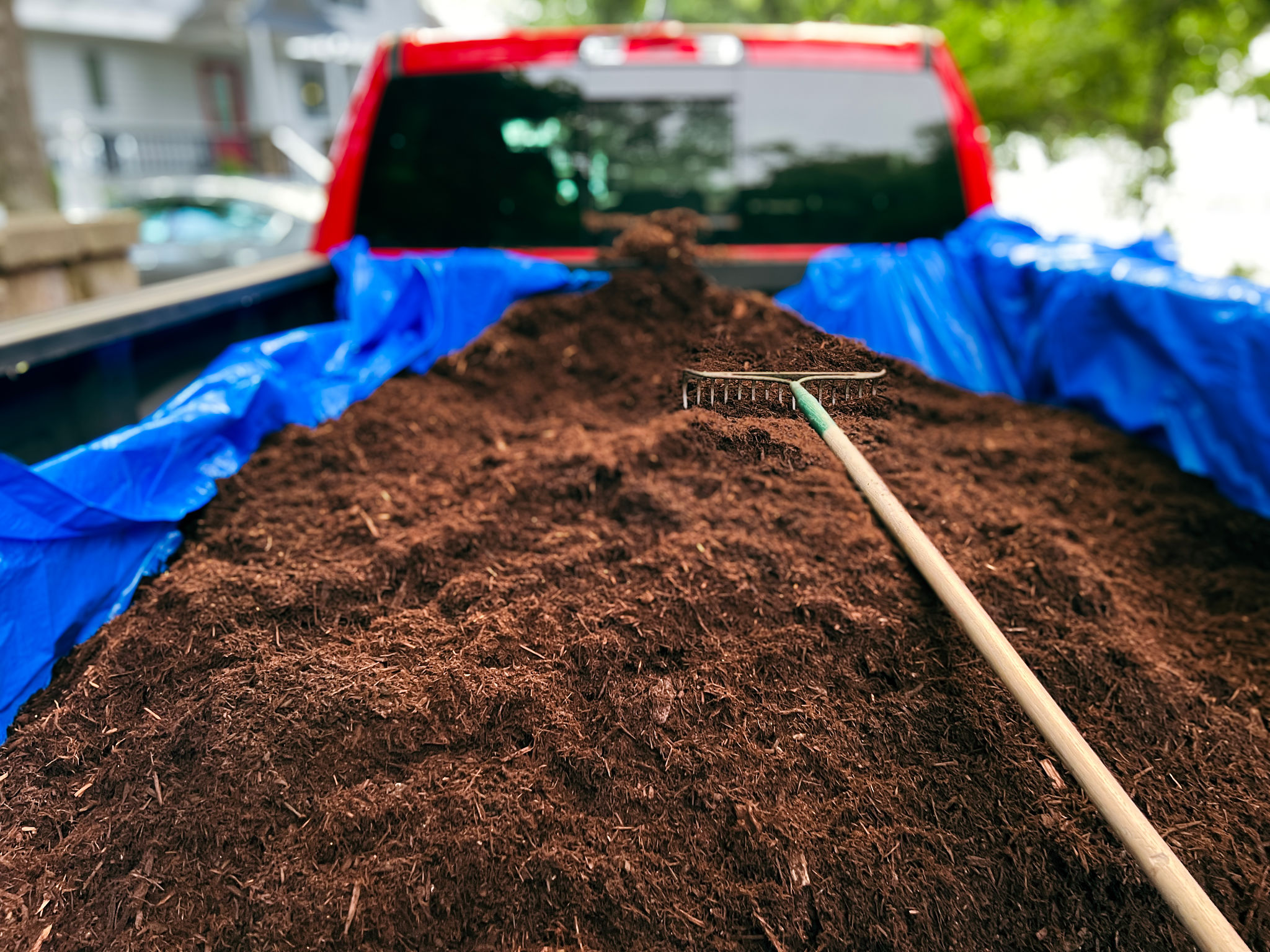Eco-Friendly Waste Disposal: Our Commitment to the Environment
Understanding Eco-Friendly Waste Disposal
In today's rapidly changing world, the need for eco-friendly waste disposal methods has become more crucial than ever. With increasing awareness about climate change and environmental sustainability, businesses and individuals alike are seeking ways to reduce their ecological footprint. Adopting sustainable waste disposal practices is a significant step towards achieving this goal. Implementing such methods not only helps in conserving natural resources but also plays a critical role in reducing pollution and greenhouse gas emissions.
Eco-friendly waste disposal involves managing waste in ways that minimize its impact on the environment. This includes recycling, composting, and utilizing waste-to-energy technologies. By prioritizing these methods, we can contribute to a healthier planet and foster a culture of sustainability. Let's explore some of the key aspects of eco-friendly waste disposal and how we can integrate them into our daily lives.

Benefits of Recycling
Recycling is one of the most effective ways to manage waste sustainably. It involves converting waste materials into new products, thereby reducing the need for raw materials. This process leads to a significant decrease in energy consumption, which helps in conserving natural resources like water, minerals, and timber. Additionally, recycling reduces the amount of waste sent to landfills and incinerators, thus lowering harmful emissions.
By actively participating in recycling programs, individuals and businesses can help create a circular economy where resources are continuously reused. This not only supports environmental conservation but also contributes to economic growth by creating jobs in the recycling and manufacturing industries.
The Importance of Composting
Composting is another essential component of eco-friendly waste disposal. It involves the natural decomposition of organic waste, turning it into nutrient-rich compost that can be used to enrich soil. This process reduces the volume of waste sent to landfills and decreases methane emissions, a potent greenhouse gas.

Implementing composting practices at home or within communities is relatively simple. By composting kitchen scraps, yard waste, and other organic materials, we can produce valuable compost that supports sustainable gardening and agriculture. This not only enhances soil health but also reduces the need for chemical fertilizers, promoting a healthier ecosystem.
Utilizing Waste-to-Energy Technologies
Waste-to-energy (WTE) technologies offer an innovative approach to eco-friendly waste disposal by converting non-recyclable waste into usable energy. This process involves burning waste at high temperatures to produce electricity or heat. By harnessing the energy potential of waste, we can reduce our reliance on fossil fuels and decrease overall carbon emissions.
While WTE technologies are not without their challenges, they present a viable solution for managing residual waste that cannot be recycled or composted. By incorporating these technologies into our waste management strategies, we can optimize resource use and support sustainable energy production.

Our Commitment to a Sustainable Future
At the heart of eco-friendly waste disposal is a commitment to creating a sustainable future for generations to come. By adopting these practices, we can make a positive impact on the environment while promoting economic resilience and social well-being. It is essential for individuals, businesses, and governments to work together in implementing effective waste management solutions that prioritize sustainability.
By educating ourselves and others about the benefits of eco-friendly waste disposal methods, we can inspire change and foster a culture of environmental responsibility. Together, we can build a more sustainable world where resources are used wisely, and waste is managed efficiently.
